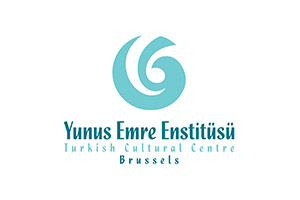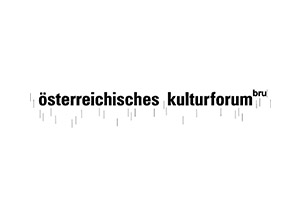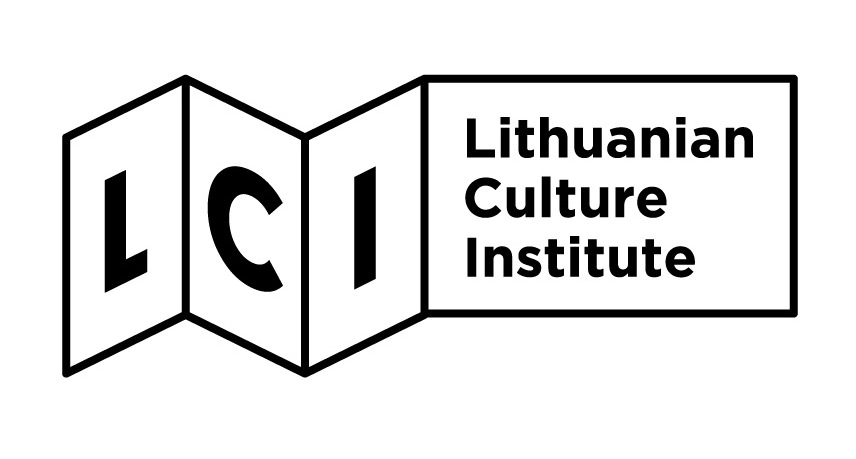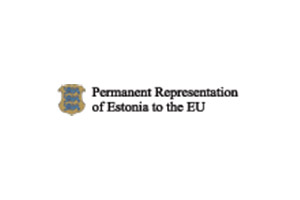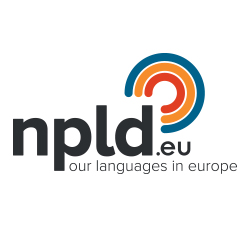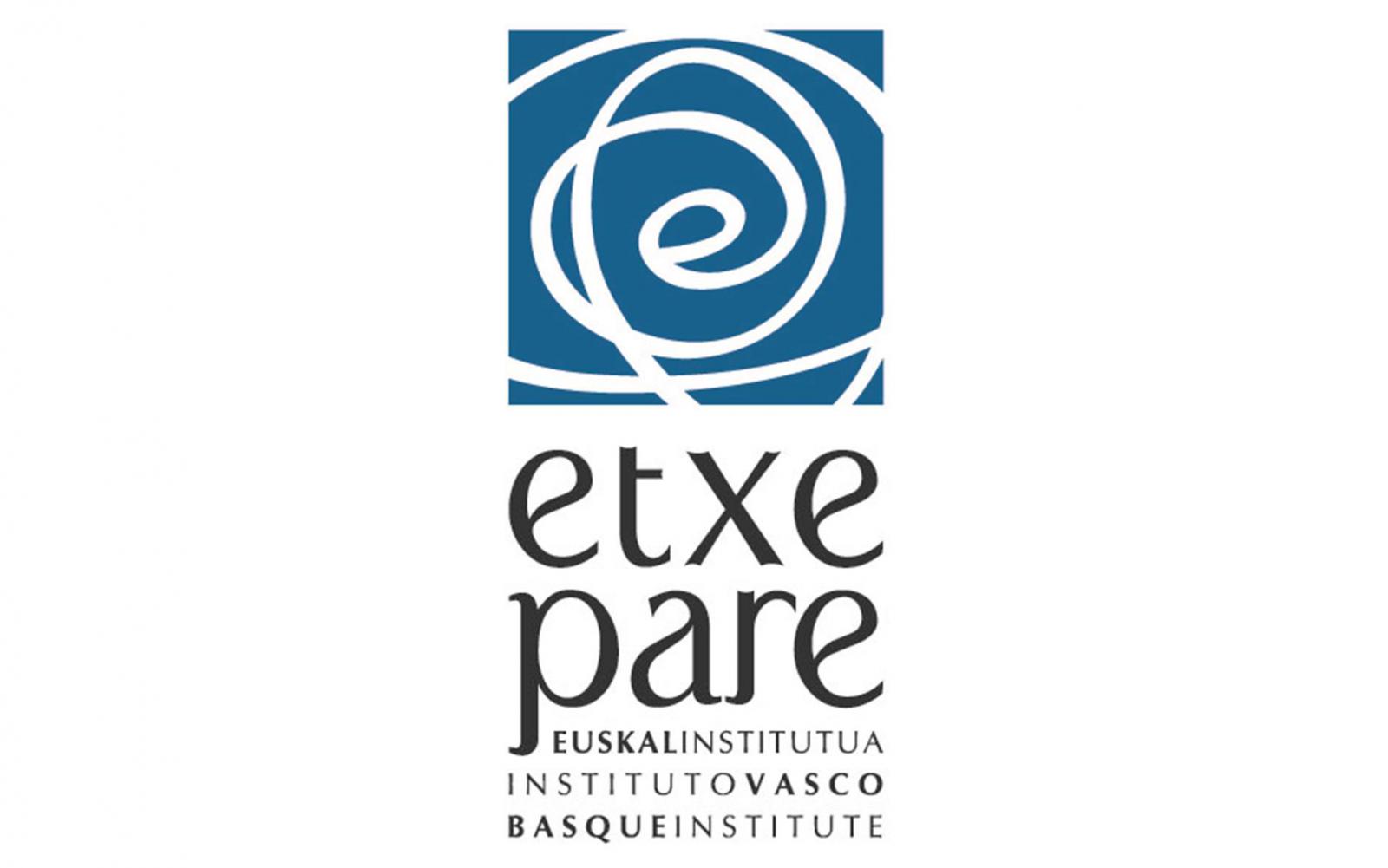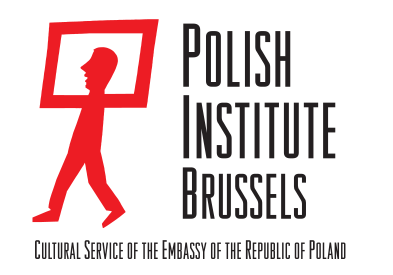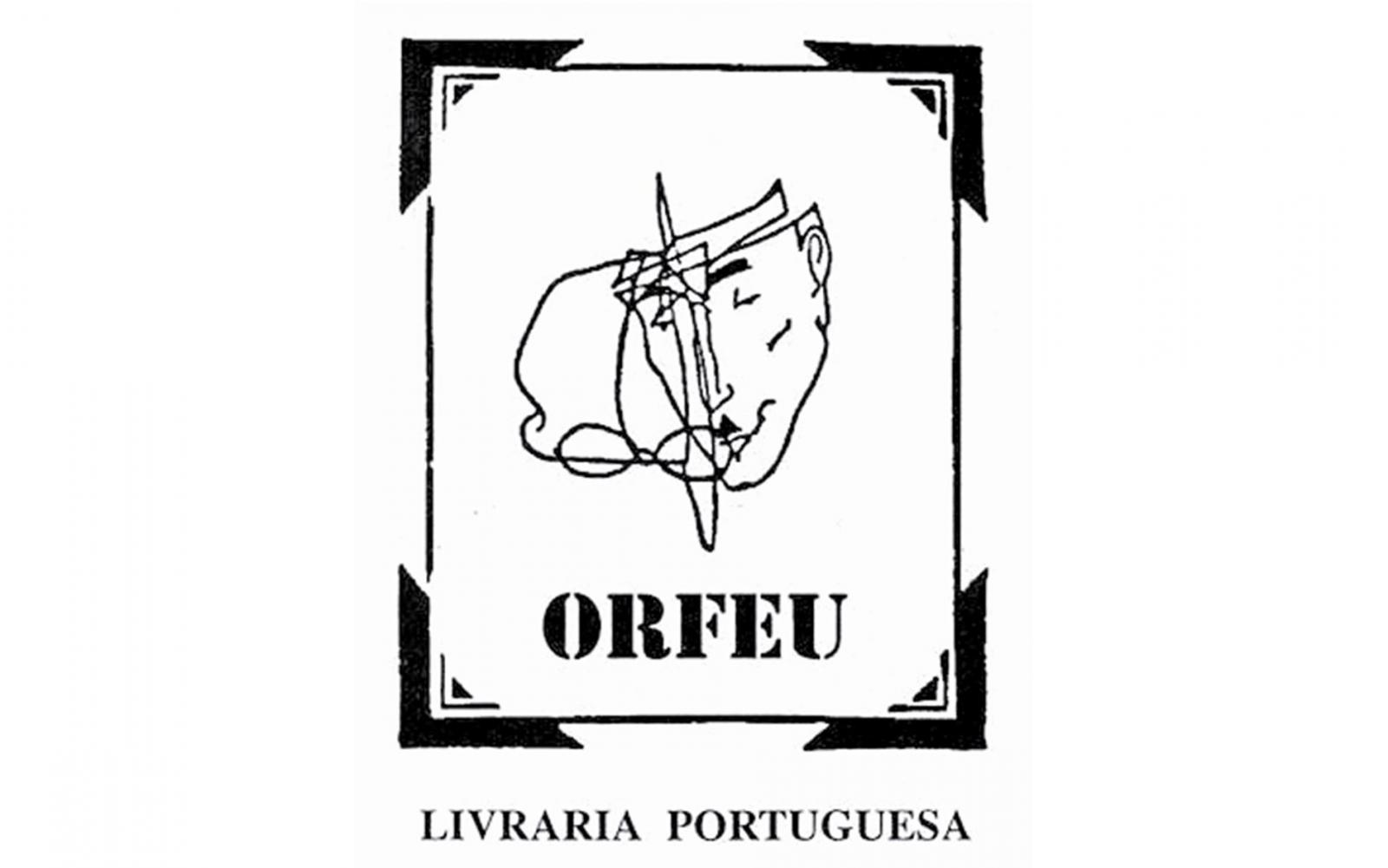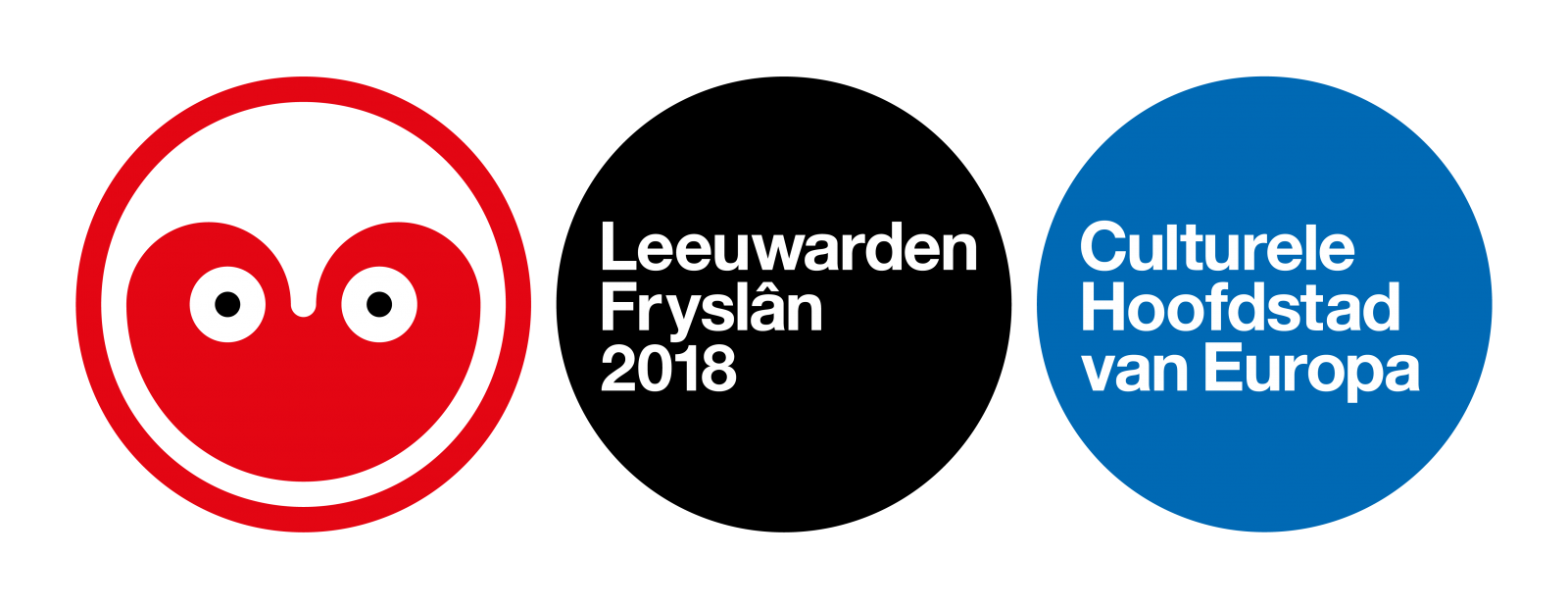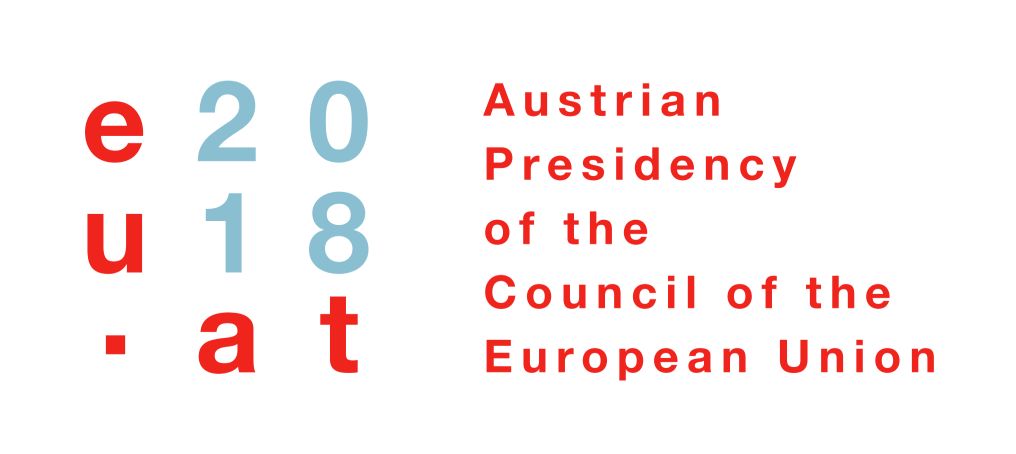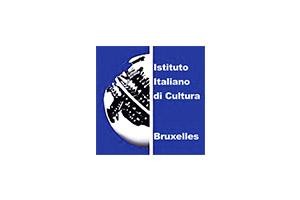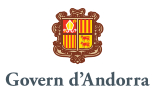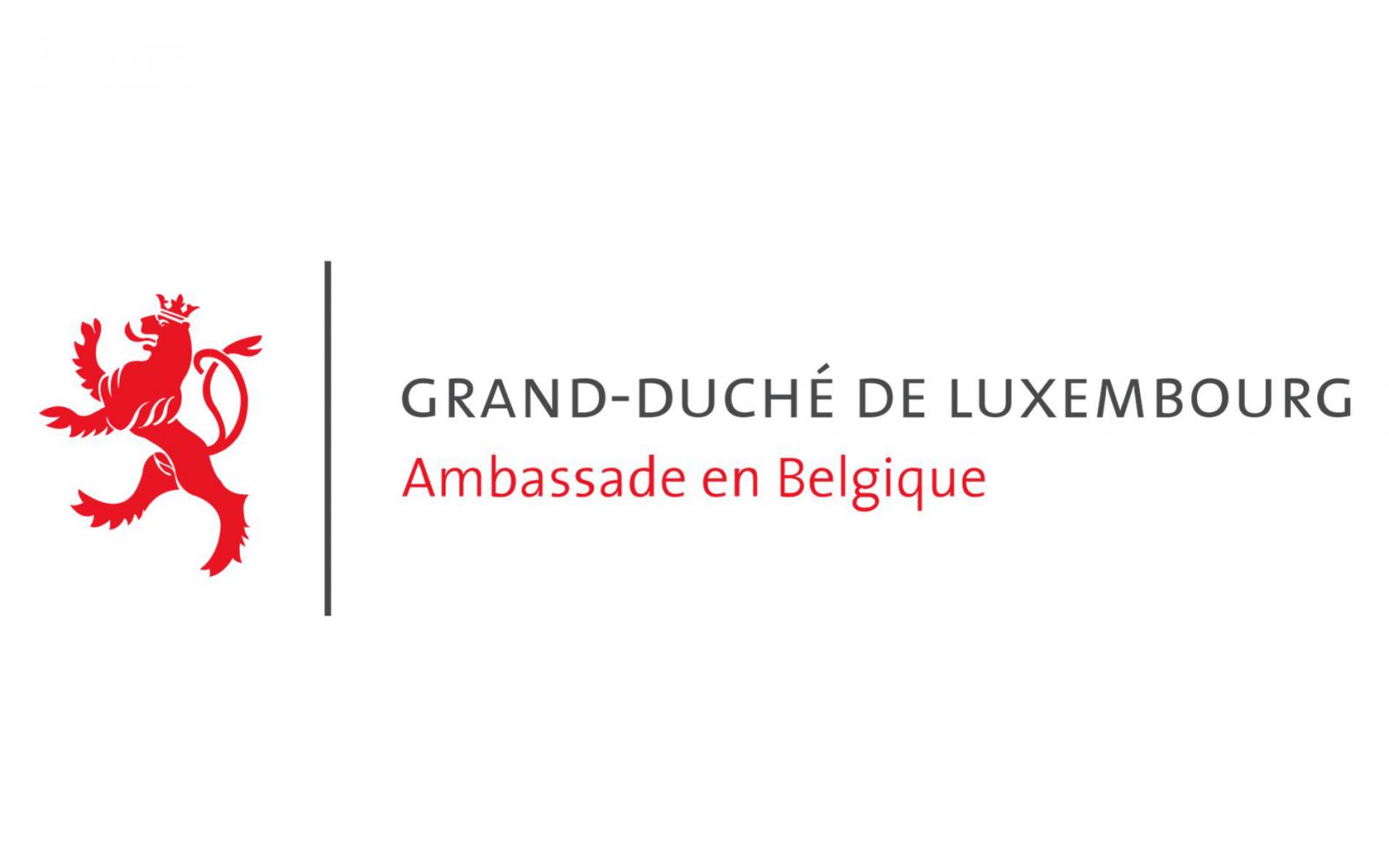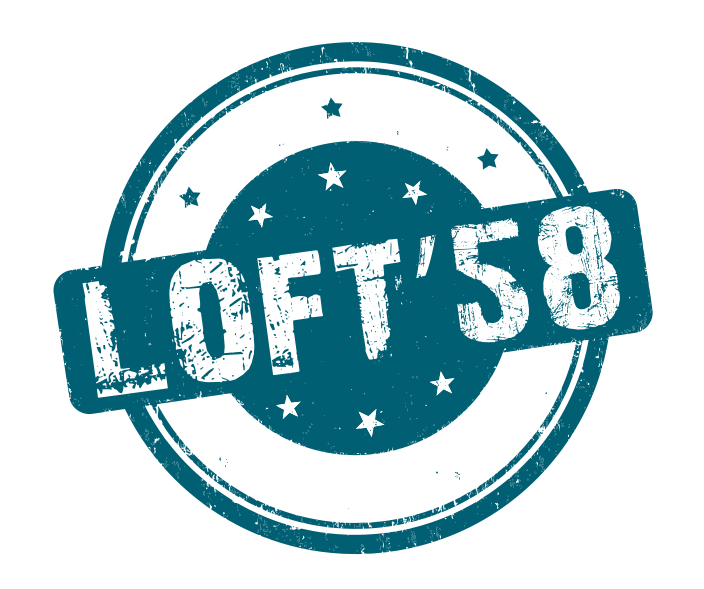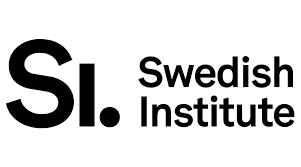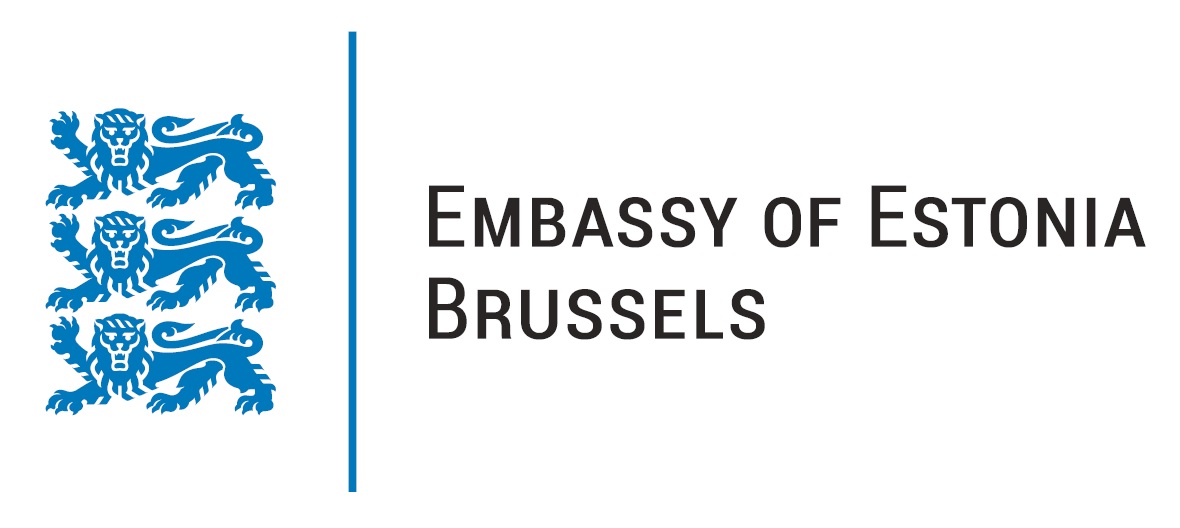Find a poem
Latest updates
-
TRANSPOESIE 2025
09/24/2025 -
Transpoesie 2025 - Programme
09/24/2025 -
Transpoesie 2025 - Open Call
04/16/2025
Dziadek na moście, lipiec 1914
Dziadek na moście, lipiec 1914
Ci ludzie na moście i on siedmioletni
co tchu biegnie z nimi, porzucił na drodze
koszyk z pisklętami. Lizak wpadł do rzeki,
a spóźniona matka na siewierskim targu
kłóci się o ruble ze starą przekupką.
Szybciej, chłopcze, szybciej! Teraz masz okazję
pobawić się serio „w gąski, wilka z lasu”.
Ludzie, tam są dzieci! Jak miąższ malinówek.
Zdeptane grzechotki. Czarne proce z dętki
i pęknięte skrzypce. W górze tango ptaków,
tango bomb i butów. Metal traci gęstość.
Szybciej, chłopcze, szybciej! Zanim bomba spadnie,
zanim most się zwinie w płonące obręcze,
które wypchną ludzi w gorące powietrze,
ty skoczysz do wody i odzyskasz oddech:
w mule, w tataraku i
na brzegu łóżka.
Grandfather on a bridge, July 1914
Crowds rushing the bridge, the boy barely seven
out of breath and running, forced to abandon
his basket of hatchlings. His lolly slips into
the river, while mother, so late for the market,
haggles over roubles with an old babushka.
Faster, boy, faster! Do not waste your chances
to play it for real, be wolf to their geese.
People, the children! Like apples, abandoned.
Toys trampled by boots, slings made of old rubber,
a broken violin. Above, birds in tango,
a tango of shelling. Metal uncohering.
Faster, boy, faster! Before the bombardment
twists the steel bridge into rings of wild fire,
bodies cast like feathers up into flaming air,
you will dive into the water and find breath recovered
in the silt, the sweet flag and
the shore of your bed.
Translation: Marek Kazmierski
Grand-père sur le pont, juillet 1914
Tous ces gens sur le pont et lui, sept ans à peine,
court avec eux à perdre haleine, lâchant en route
son panier de poussins. Sa sucette est tombée
dans la rivière, sa mère retardée au marché
dispute quelques roubles à une vieille marchande.
Plus vite, petit, plus vite ! Tu as là l’occasion
de jouer pour de vrai « aux éperviers et au loup ».
Mais il y a des enfants ! Comme de la pulpe de fruit.
Des hochets piétinés. Des frondes bricolées
et des violons cassés. En haut, un tango d’oiseaux,
de bombes et de chaussures. Le métal perd sa densité.
Plus vite, petit, plus vite ! Avant que la bombe
ne réduise le pont en cercles de flammes
qui projetteront les gens dans l’air brûlant,
tu sautes dans l’eau et reprends ton souffle :
dans la vase, dans les roseaux et
sur le bord de ton lit.
Traduction : Cécile Bocianowski
Grootvader op de brug, juli 1914
Zo veel mensen op de brug en hij, pas zeven,
tracht hen bij te benen, de mand met kuikentjes
heeft hij verloren. Zijn lolly - in het water,
en moeder die te laat op de markt van Siewierz
arriveert, kibbelt met een oudje om een cent.
Sneller, jongen, sneller! Dit is je grote kans
om in het echt van wolf en ganzen te spelen.
Mensen, let op je kinderen! Als vruchtvlees teer.
Vertrapt speelgoed. Zwarte rubber katapulten
en versplinterde violen. Vogeltango’s,
bommen- en laarzentango’s. Het metaal wordt ijl.
Sneller, jongen, sneller! Alvorens de bom valt,
alvorens de brug zich krult in hoepels van vuur
die de lichamen in de hitte slingeren,
je zal in het water springen, adem vinden:
in slik, in kalmoes en
op de oever van je bed.
Vertaling: Alexandre Popowycz

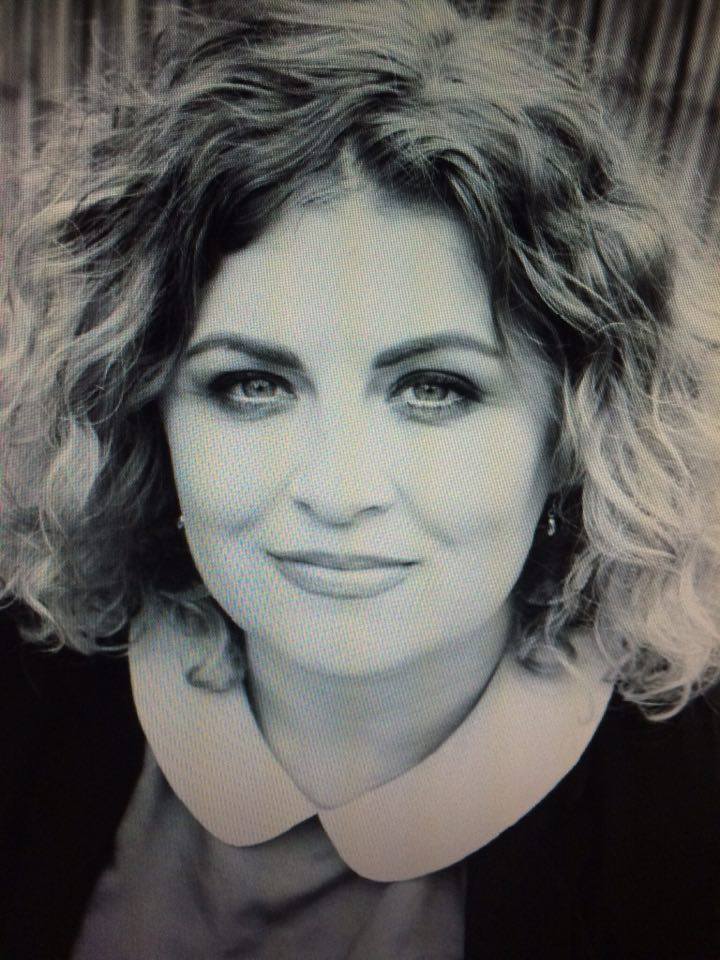


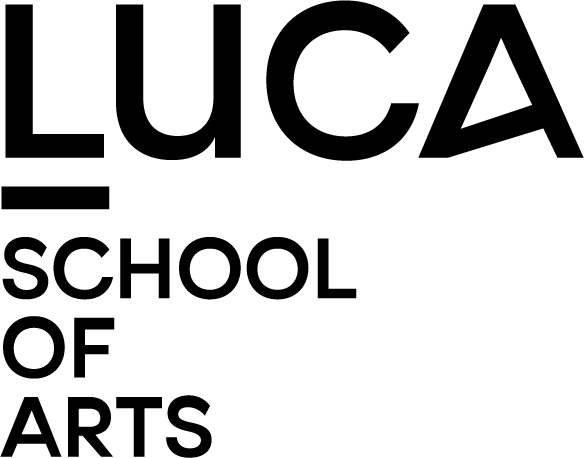
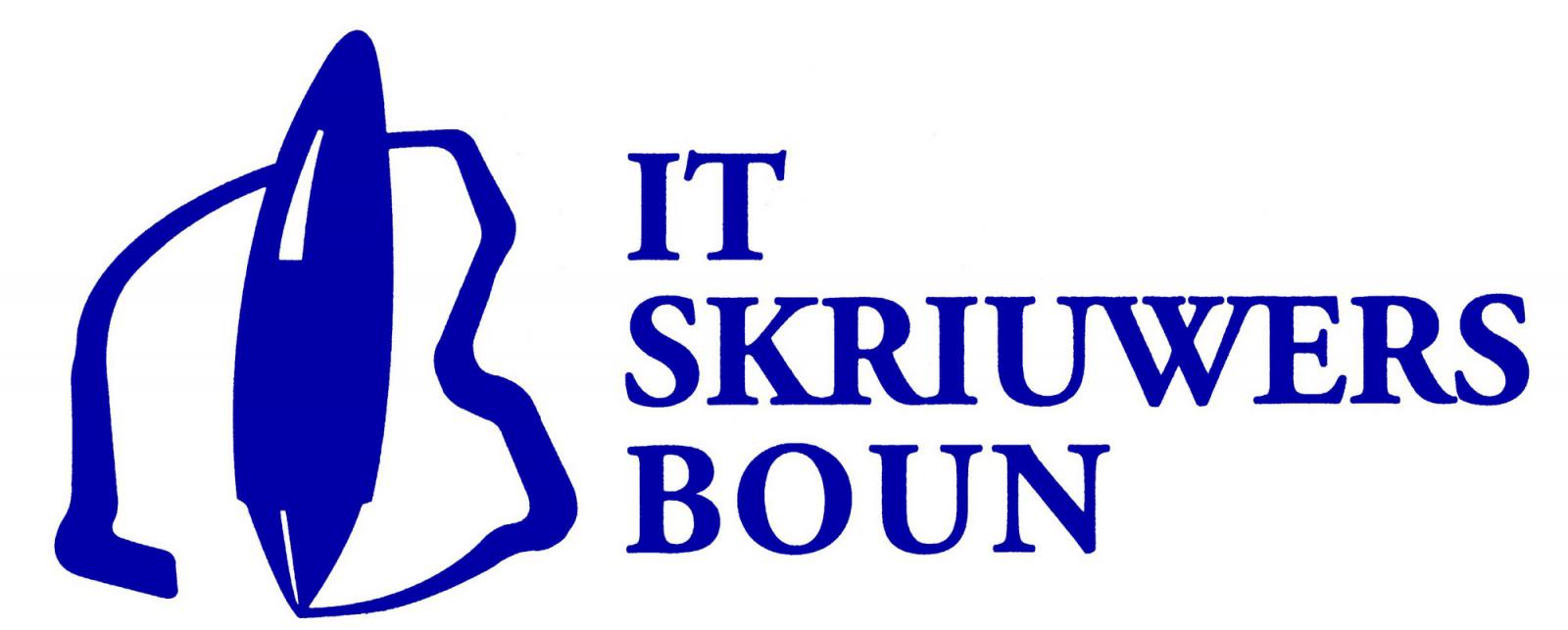
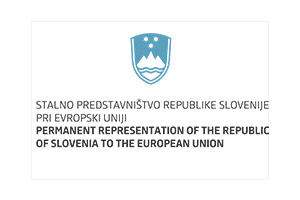
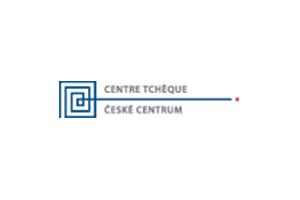


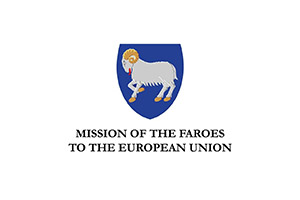
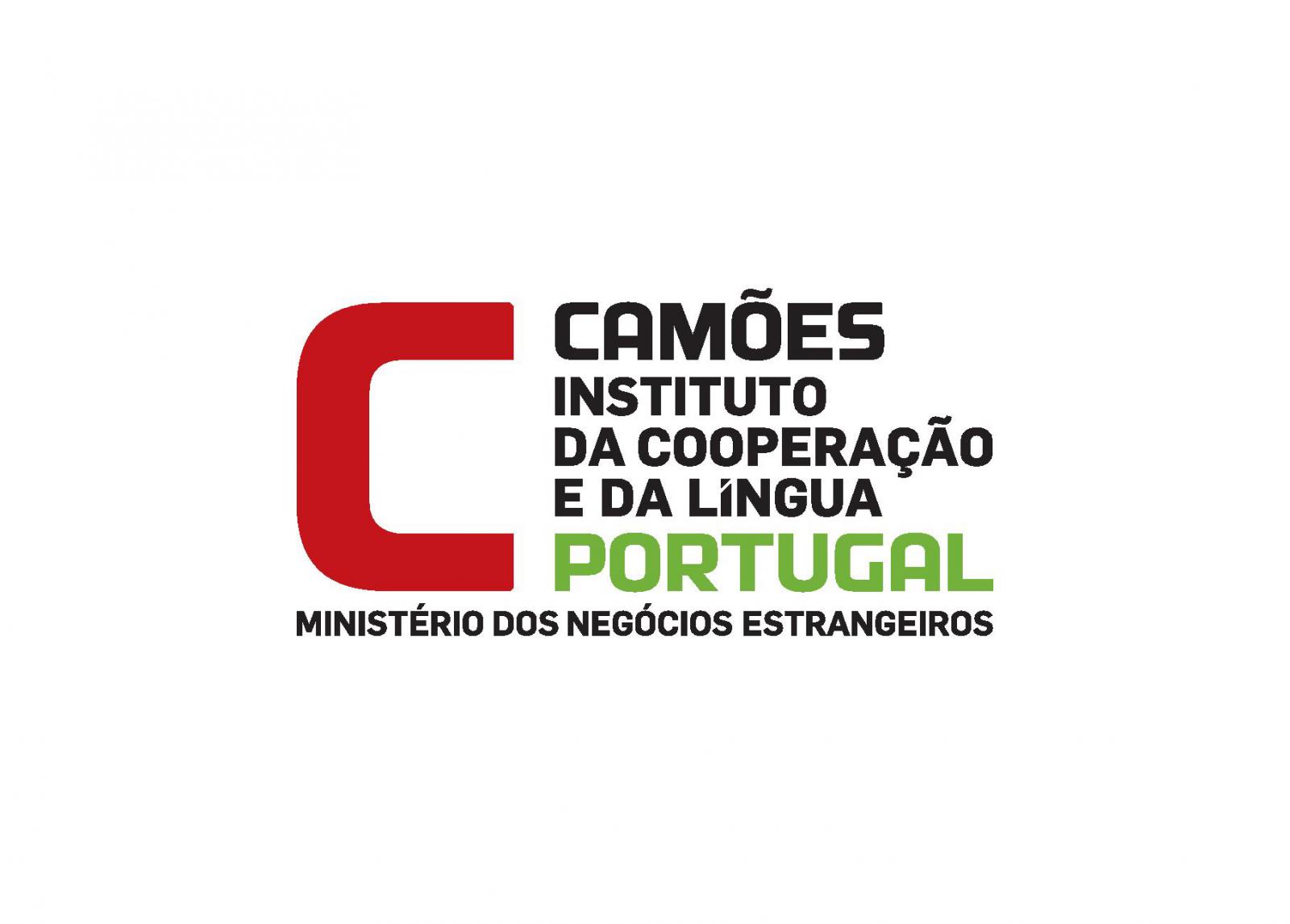
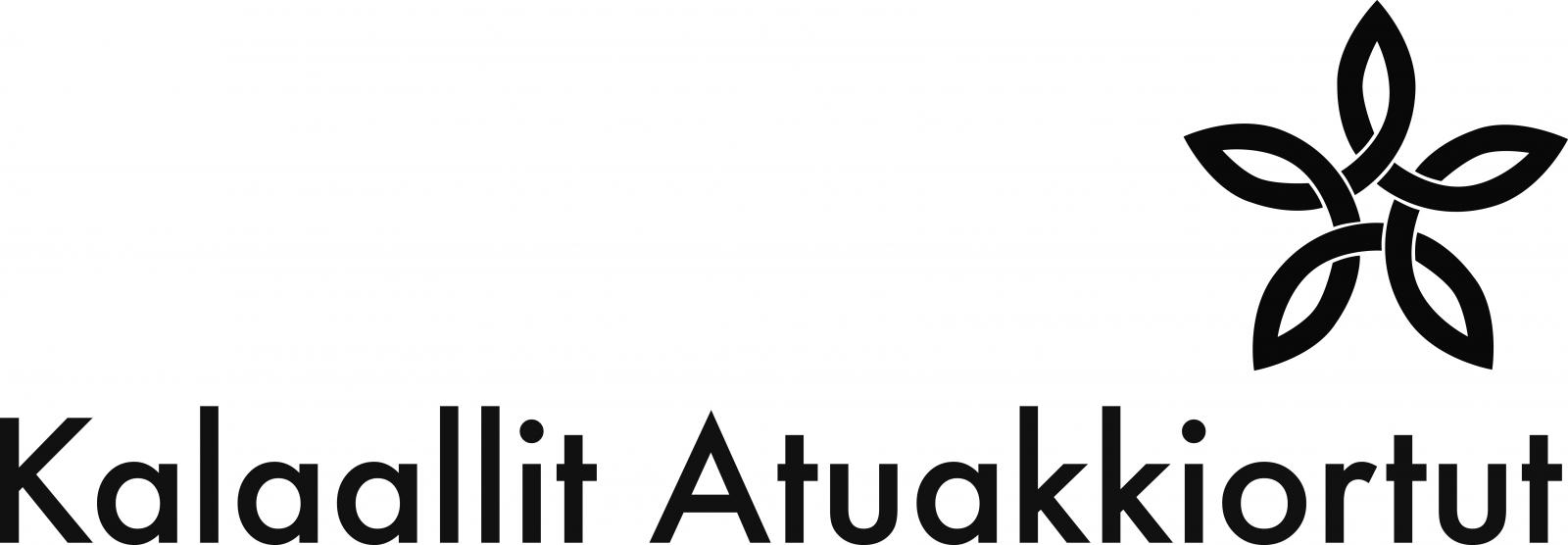
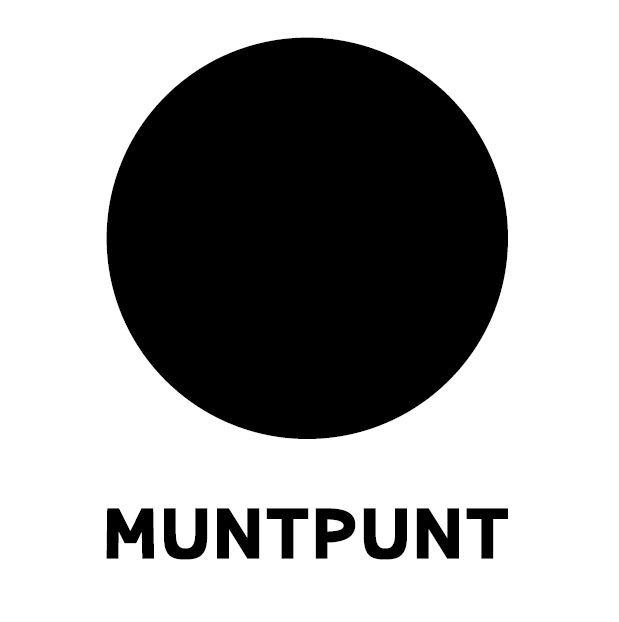
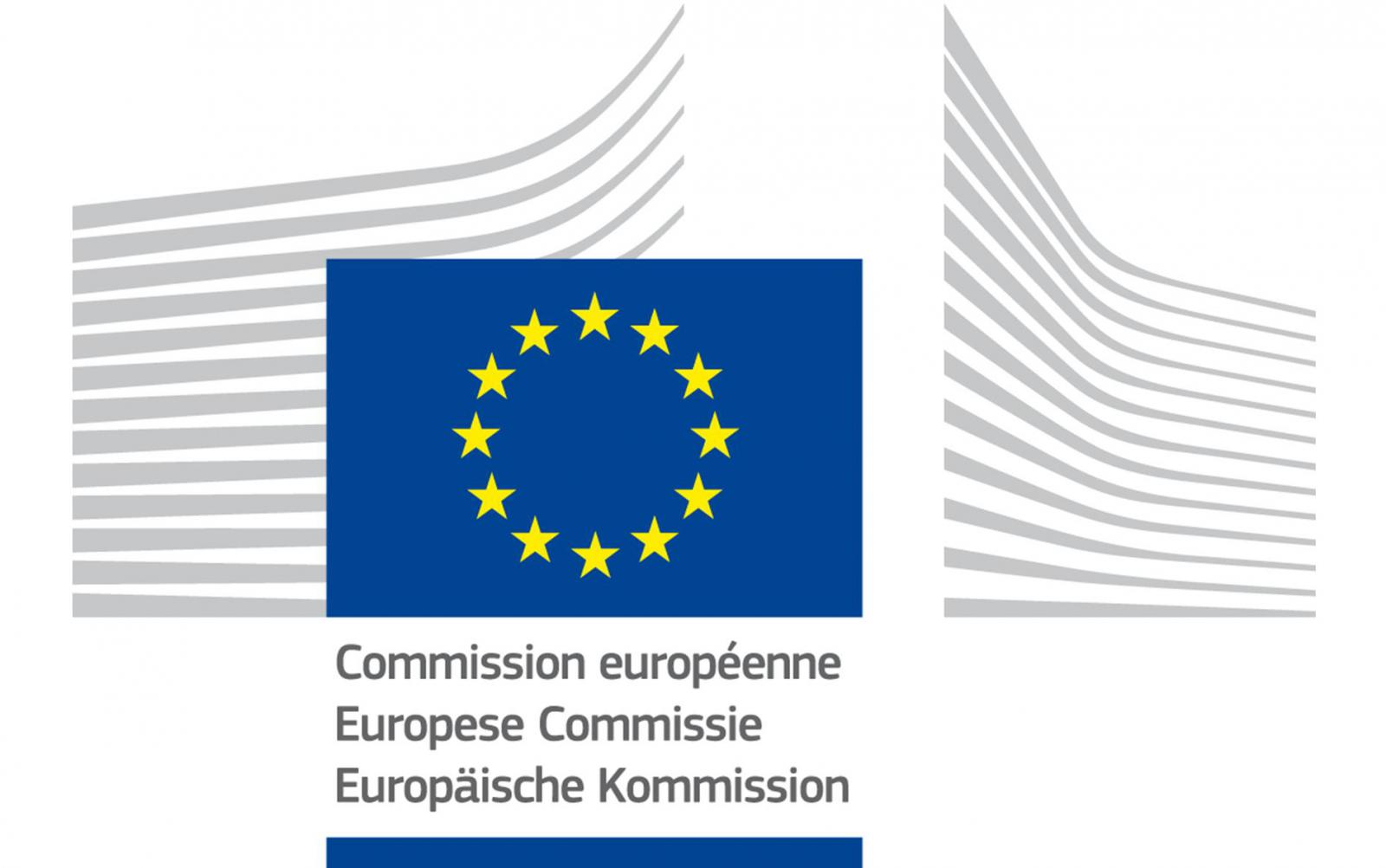
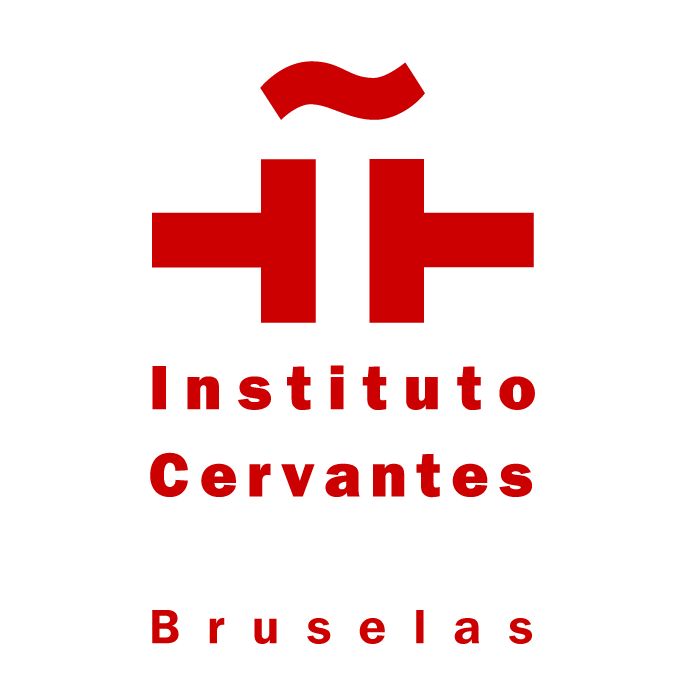
/RO - on the website.png)

